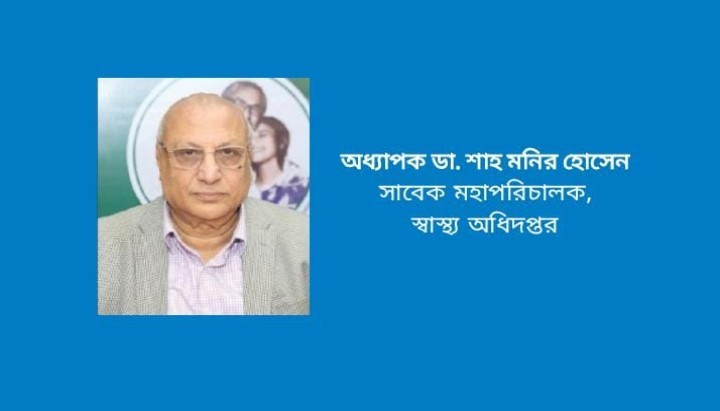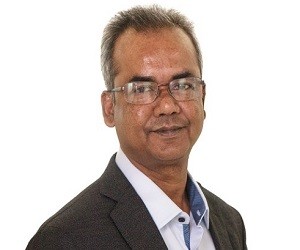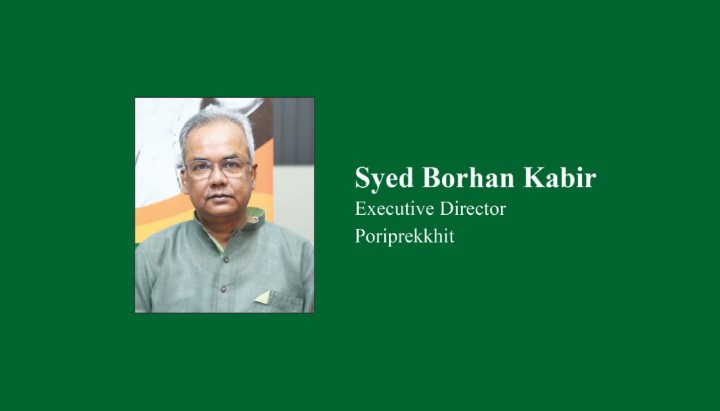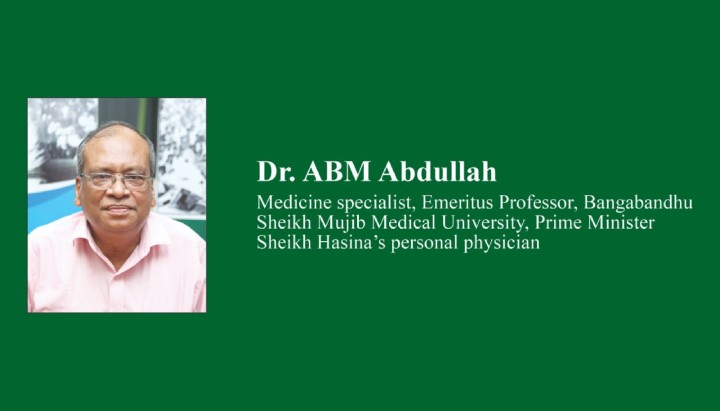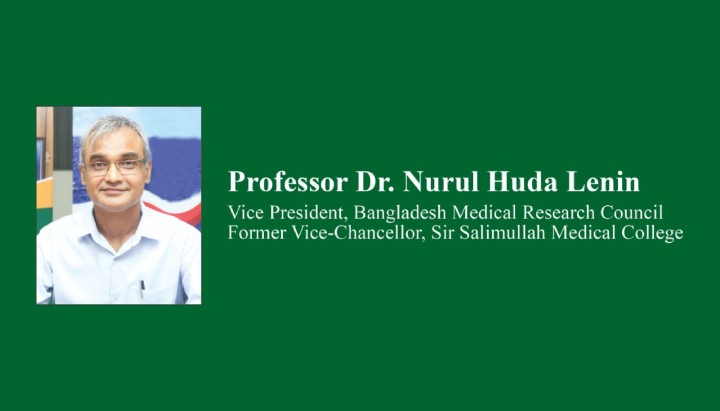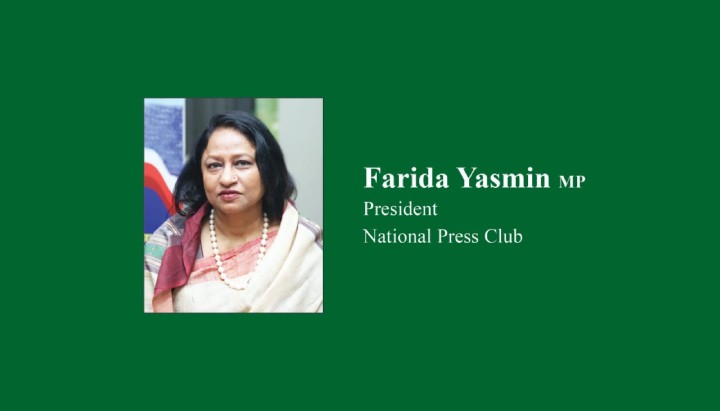From May 17, 1981, to May
17, 2023, in the span of these 42 years, Bangladesh has seen a singular journey
led by Philosophical Statesperson Sheikh Hasina. Throughout these 42 years,
Bangladeshi politics, economy, and social development have revolved around one
figure, Sheikh Hasina. The main protagonist of Bangladesh's aspirations and
struggles in these 42 years has been the Philosophical Statesperson Sheikh
Hasina. And those who opposed independence and were the defeated forces of '71
and '75, have emerged as new villains in the history of these 42 years. The
Father of the Nation, Bangabandhu Sheikh Mujibur Rahman, had a specific goal in
liberating Bangladesh. He aspired for a hunger-free, poverty-free, and
non-communal progressive Bangladesh. We call it the Sonar Bangla in one word.
On
March 7th, the Father of the Nation spoke about two things. One was the
struggle for independence, and the other was the struggle for liberation.
Through the victory on December 16, 1971, we achieved our independence. We
obtained the territory of Bangladesh. We earned the flag soaked in blood. And
from January 10, 1972, began the struggle for liberation in Bangladesh. Bangabandhu
had several short-term, medium-term, and long-term plans towards the
reconstruction of Sonar Bangla. But on August 15, 1975, the Father of the
Nation was brutally assassinated with his family. It was not just one President
or the Father of the Nation who was killed, but rather our dream was
assassinated. Bangladesh was essentially murdered. And that's why I consider
May 17, 1981, as the declaration of the second liberation war of Bangladesh.
Bangladesh had transformed into a dependent, subordinate, and despair-ridden
failed state since 1975. Until the beginning of 1996, Bangladesh was
established as a failed state, and those in power tried various means to
establish it. And visionary stateswoman Sheikh Hasina, since returning to the
country on May 17, 1981, initiated the struggle that became known as the Restoration
of Sonar Bangla. It was a struggle to establish the consciousness of the
Liberation War, the struggle to establish human rights. And the path to this
struggle was not easy. She had to be fight in every moment and at every step.
In these 42 years,
everything Bangladesh has achieved, its accomplishments, its character,
everything is a testament to the philosophical statesperson Sheikh Hasina. She
has taken Bangladesh to a place in these 42 years where Bangladesh signifies
Sheikh Hasina. Without Sheikh Hasina, it is unimaginable to think of Bangladesh
now. And here lies the rationality, the significance of Sheikh Hasina's initiative.
In 1981, when she came to Bangladesh, what was Bangladesh like? There was
curfew at night, thousands of people were in jail, people were being killed
without trial. Basic human rights of people were absent. The Constitution was
being shredded and distorted. Extrajudicial killings were rampant. And it was
for this reason that Sheikh Hasina, the philosophical statesperson, upon
returning to her homeland, initiated the struggle for the rights of the people.
In the journey of that struggle, she called for the downfall of autocracy. Under
her leadership, the main movement for democracy in Bangladesh took shape. It
was through this movement that we bid farewell to autocracy. However, even
after a democratically elected government took power, attempts were made to
undermine the people's right to vote in 1991. Once again, the black mark fell
upon the fundamental human rights of the people. It was at this time that the
visionary statesperson Sheikh Hasina initiated a new movement. In 1996, she
brought the Bangladesh Awami League, the leading party in the Liberation War,
to power after 21 years. From there began the transformation of Bangladesh,
spearheaded by Sheikh Hasina. The initiatives taken by Sheikh Hasina were not
limited to just infrastructure or governance responsibilities. If we analyze
her tenure from 1996 to 2001, we will see that through thousands of initiatives
like My House, My Farm, Ashrayan, community clinics, elderly allowances, widow
allowances, and many more, she has ensured the establishment of
an equal right in terms of development just as he sang the song of liberating
discrimination. Most importantly, she has aimed to
establish the empowerment of the people.
The Sheikh Hasina
Initiative is not just for community clinics. The Sheikh Hasina Initiative is
for Bangladesh. And by approving the Community Clinic as the Sheikh Hasina
Initiative, the United Nations has clarified a matter: that she is an
unparalleled leader, a global leader. There is no equivalent leader in the
world at this moment. No
head of government has been recognized by the United Nations in this way. The
United Nations had received two proposals from Sheikh Hasina. The first was in
2012, where she was unanimously accepted for her vision of peace and
empowerment of the people. And in 2023, the Community Clinic was accepted as
part of the Sheikh Hasina Initiative. We can easily assume how much intellectual, visionary, and wise
a statesman should be for her vision to be embraced at a global forum.
Therefore, on May 17, the day of the return of our homeland's leader Sheikh
Hasina, our main responsibility will be to awaken, manage, and implement the
Sheikh Hasina Initiative, starting from the grassroots to the highest echelons,
to realize the Sheikh Hasina Initiative in its true sense. Only then can we see
a truly developed Bangladesh, the Bangladesh envisioned by the Father of the
Nation and the humble philosopher-statesman Sheikh Hasina.


